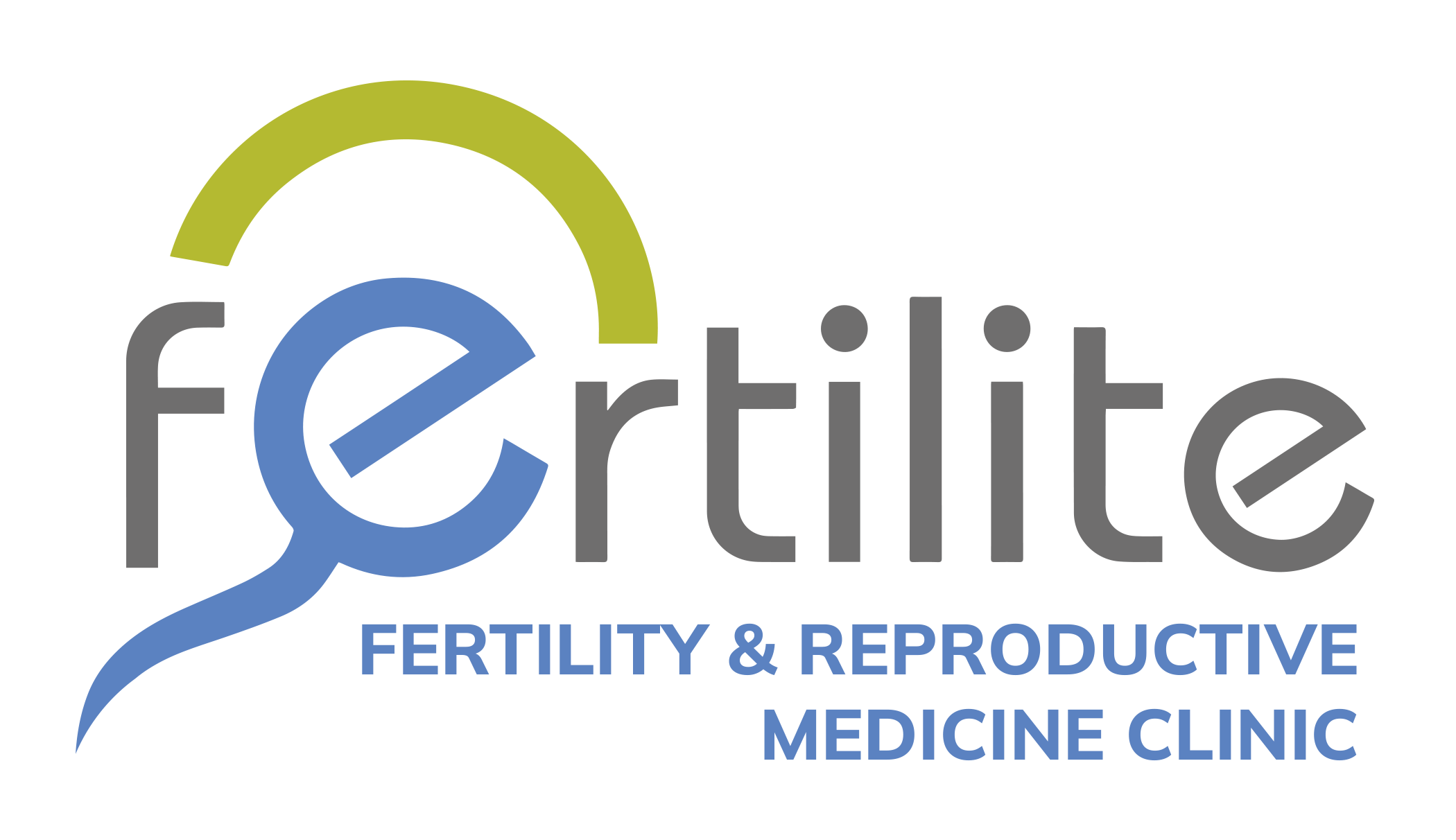Polycystic Ovary Syndrome (PCOS) is a common disorder affecting a significant number of women of reproductive age. Characterized by hormonal imbalances, it can lead to various health issues, including fertility problems. Understanding how PCOS affects fertility is crucial for women who are trying to conceive. This article delves into the relationship between PCOS and fertility, exploring symptoms, causes, treatment options, and lifestyle changes that can enhance fertility.
What is PCOS?
Polycystic Ovary Syndrome is a complex hormonal disorder that affects approximately 5-10% of women in their reproductive years. The condition is marked by irregular menstrual cycles, excessive androgen levels, and polycystic ovaries. Women with PCOS may experience a range of symptoms, including:
- Irregular Menstrual Cycles: Many women with PCOS have infrequent or absent periods, which can complicate ovulation.
- Hirsutism: Increased hair growth in areas typically associated with male-pattern hair growth, such as the face and chest.
- Acne and Oily Skin: Hormonal imbalances can lead to skin issues, including acne.
- Weight Gain: Many women with PCOS struggle with weight management, which can exacerbate other symptoms.
Understanding these symptoms is essential for early diagnosis and effective management of PCOS.
How Does PCOS Affect Fertility?
The relationship between PCOS and fertility is primarily linked to anovulation, which is the absence of ovulation. Women with PCOS often have irregular ovulation cycles, making it challenging to conceive. The hormonal imbalance associated with PCOS can lead to:
- Insulin Resistance: Many women with PCOS experience insulin resistance, which can elevate insulin levels and disrupt ovulation.
- Hormonal Imbalances: Elevated levels of androgens can interfere with the normal functioning of the ovaries, affecting egg quality and release.
- Cysts in the Ovaries: The presence of multiple cysts can hinder the ovaries’ ability to release eggs regularly.
These factors contribute to the fertility challenges faced by women with PCOS, making it essential to explore treatment options.
PCOS Fertility Treatment Options
While PCOS can complicate fertility, various treatment options are available to help women conceive. The choice of treatment often depends on individual circumstances, including the severity of symptoms and the desire to become pregnant. Common treatment options include:
Lifestyle Modifications
Making healthy lifestyle changes can significantly improve fertility in women with PCOS. Key recommendations include:
- Weight Management: Losing even a small percentage of body weight can help restore regular ovulation and improve insulin sensitivity.
- Balanced Diet: A diet rich in whole foods, low in refined carbohydrates, and high in fiber can help manage insulin levels and promote hormonal balance.
- Regular Exercise: Engaging in regular physical activity can aid in weight management and improve overall health.
Medications
Several medications can assist in managing PCOS symptoms and enhancing fertility:
- Clomiphene Citrate: Often the first-line treatment for women with PCOS-related infertility, this medication stimulates ovulation.
- Metformin: This insulin-sensitizing agent can help regulate menstrual cycles and improve ovulation in women with insulin resistance.
- Letrozole: An alternative to clomiphene, letrozole has shown effectiveness in inducing ovulation and improving pregnancy rates.
Assisted Reproductive Technologies (ART)
For women who do not respond to medication, assisted reproductive technologies may be considered:
- In Vitro Fertilization (IVF): This procedure involves retrieving eggs, fertilizing them in a lab, and transferring the resulting embryos into the uterus.
- Intra-Uterine Insemination (IUI): In this procedure, the expert inserts sperm into the uterus just before ovulation.
The Role of Diet in Managing PCOS
Diet plays a crucial role in managing PCOS and enhancing fertility. A well-balanced diet can help regulate insulin levels, reduce inflammation, and promote hormonal balance. Key dietary strategies include:
Low Glycemic Index Foods
Incorporating low glycemic index (GI) foods can help stabilize blood sugar levels. Foods such as whole grains, legumes, and non-starchy vegetables are some examples.
Anti-Inflammatory Foods
Including anti-inflammatory foods, such as fatty fish, nuts, and leafy greens, can help reduce inflammation associated with PCOS.
Hydration
Staying well-hydrated is essential for overall health. Drinking plenty of water can help manage weight and support metabolic functions.
Monitoring Fertility with PCOS
Tracking fertility can be beneficial for women with PCOS who are trying to conceive. Utilizing fertility tracking methods can help identify ovulation patterns and optimize the chances of conception. Some effective methods include:
- Basal Body Temperature Charting: Monitoring body temperature daily can help identify ovulation.
- Ovulation Predictor Kits: These kits detect hormonal changes that indicate ovulation.
- Fertility Apps: Many apps are available to help track menstrual cycles and predict fertile windows.
The Importance of Early Diagnosis
Early diagnosis of PCOS is crucial for effective management and treatment. Women experiencing symptoms such as irregular periods or difficulty conceiving should consult a healthcare provider for evaluation. Diagnosis typically involves:
- Medical History Review: Discussing symptoms and family history with a healthcare provider.
- Physical Examination: A thorough examination to assess symptoms.
- Blood Tests: Hormonal assessments to evaluate androgen levels and insulin sensitivity.
- Ultrasound: Imaging tests to check for cysts on the ovaries.
Emotional and Mental Health Considerations
Dealing with fertility issues can take a toll on mental health. Women with PCOS may experience feelings of anxiety, depression, or frustration due to the challenges of conceiving. It is essential to prioritize mental well-being by:
- Seeking Support: Connecting with support groups or counseling can provide emotional relief.
- Practicing Self-Care: Engaging in activities that promote relaxation and stress relief can be beneficial.
- Open Communication: Discussing feelings and concerns with partners can strengthen relationships during this challenging time.
Why Choose Fertilite Center?
When seeking assistance for PCOS and fertility issues, choosing the right healthcare provider is essential. Fertilite Center stands out for several reasons:
- Expertise in PCOS Management: The center specializes in treating PCOS and offers personalized treatment plans tailored to individual needs.
- Comprehensive Services: Fertilite Center provides a range of services, including fertility assessments, lifestyle counseling, and advanced reproductive technologies.
- Supportive Environment: The center fosters a compassionate and supportive atmosphere, ensuring patients feel comfortable throughout their journey.
Conclusion
Polycystic Ovary Syndrome can present significant challenges for women trying to conceive. However, with the right knowledge, treatment options, and lifestyle changes, many women with PCOS can successfully navigate their fertility journey. By understanding how PCOS affects fertility and exploring available resources, women can take proactive steps toward achieving their family planning goals. If you are facing fertility challenges related to PCOS, consider reaching out to Fertilite Center for expert guidance and support.
Frequently Asked Questions
- How does PCOS lead to infertility?
PCOS leads to infertility mainly by causing irregular or absent ovulation due to hormonal imbalances. Elevated androgens, insulin resistance, and the presence of ovarian cysts can disrupt egg release and reduce the chances of conception.
- Can you get pregnant with PCOS naturally?
Yes, many women with PCOS can get pregnant naturally, especially with healthy lifestyle changes like weight management, a balanced diet, and regular exercise. However, some may need medical treatments or fertility support if ovulation remains irregular.
- What is the best fertility treatment for PCOS?
The best fertility treatment for PCOS often starts with ovulation-inducing medications like clomiphene citrate or letrozole, which help stimulate egg release. If these are not successful, options such as metformin, gonadotropin injections, or IVF may be recommended depending on the individual’s condition.
- How to avoid infertility with PCOS?
You can reduce the risk of infertility with PCOS by maintaining a healthy weight, eating a balanced low-glycemic diet, exercising regularly, and managing stress. Early diagnosis, regular check-ups, and timely treatment can also help regulate ovulation and improve fertility outcomes.
- Does PCOS get worse with age?
PCOS symptoms can change with age but don’t always get worse; menstrual cycles may become more regular over time, though fertility often declines naturally with age. However, risks of complications like diabetes, high blood pressure, and heart disease may increase if PCOS is not well managed.
References:
https://womenshealth.gov/a-z-topics/polycystic-ovary-syndrome
https://www.nichd.nih.gov/health/topics/pcos/conditioninfo/treatments/infertility
https://www.ccrmivf.com/pcos-infertility




